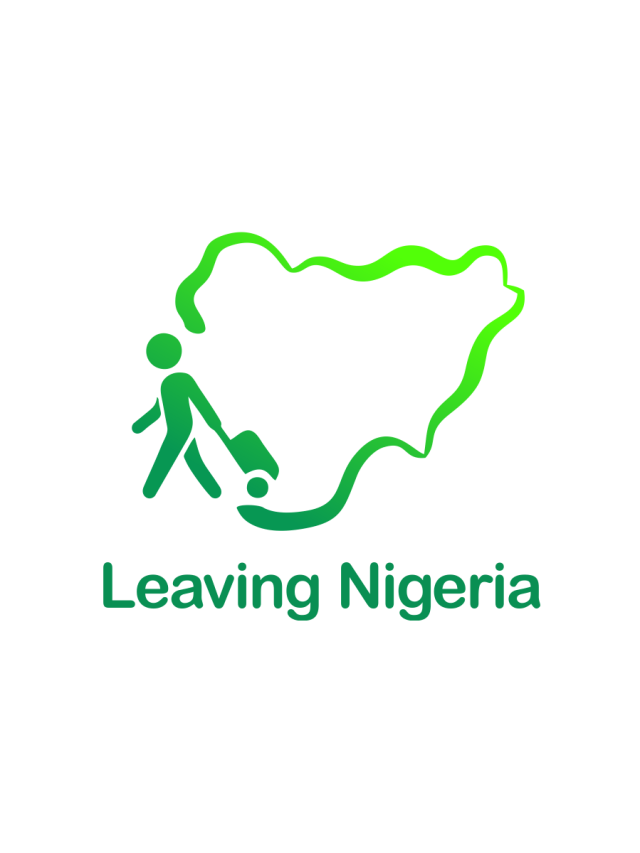
No Saudi Visa Ban on Nigerians: FG clears the Air on Hajj-Season Confusion, urges public to ignore Viral Memo
The Federal Government of Nigeria has officially debunked reports alleging that Saudi Arabia has placed a visa ban on Nigerian citizens ahead of the 2025 Hajj pilgrimage.
That’s the official word from the Federal Government of Nigeria, following a flurry of viral reports claiming that Saudi Arabia had placed a visa ban on Nigerian citizens before the 2025 Hajj pilgrimage.
In a statement released by Alkasim Abdulkadir, Special Assistant on Media and Communications Strategy to the Minister of Foreign Affairs, Yusuf Tuggar, on 7 April 2025, the government emphasized that Nigeria is not on the list of countries affected by Saudi Arabia’s recent short-term visa restrictions.
“For clarity, the only restriction applies to tourist visa holders during the Hajj season. Individuals holding tourist visas are not permitted to perform Hajj, enter, or stay in Makkah between April 29 and June 11, 2025,” the statement read.
So, where did the confusion come from?
The misinformation stemmed from a report by Gulf News, which stated that Saudi Arabia was temporarily suspending short-term visas, such as business, tourism, and family visit visas, for citizens from 14 countries, including Nigeria. The reported start date for the measure was 13 April 2025—the measure aimed to ease congestion and improve safety during the upcoming Hajj pilgrimage.
However, Nigerian and Saudi authorities have come forward to set the record straight: there is no blanket ban on Nigerians.
Regardless of nationality, tourist visa holders are not allowed into Makkah during the Hajj season unless they possess an appropriate Hajj visa. So, suppose you’re a Nigerian planning to visit Saudi Arabia for business, personal, or academic reasons. In that case, you’re good to go, as long as you’re not using a tourist visa to access Makkah during that specific window.
The Ministry of Foreign Affairs also had a word of caution:
“Spreading unverified information can cause unnecessary confusion and disrupt travel plans. For accurate and up-to-date information, travelers are advised to consult official Saudi government sources, the Nigerian Ministry of Foreign Affairs, or accredited diplomatic channels.”
Countries That Have Restricted or Banned Nigerians
While Saudi Arabia’s recent clarification regarding its visa policy provided some relief, it reignited broader discussions about the treatment of Nigerian travelers on the global stage. Over the past few years, multiple countries across Africa, the Middle East, and Asia have either outright banned, unofficially restricted, or tightened their visa and immigration processes for Nigerians. The reasons are varied: national security concerns, illegal migration, overstays, visa violations, and even diplomatic tensions.
What unites these cases is a growing perception that Nigerians are being unfairly targeted or disproportionately scrutinized. Here’s a closer look at eight countries where entry for Nigerians has become notably more difficult:
1. United Arab Emirates (UAE)
Arguably, the most well-publicized case, the UAE halted visa issuance to Nigerian passport holders in 2022. The decision came after reports of increased criminal activity and immigration violations involving some Nigerian nationals. As a result, thousands of Nigerians, including tourists, business travelers, and residents with family ties, have been caught in limbo. Despite ongoing diplomatic negotiations, the visa freeze remains largely in place, affecting tourism, trade, and employment sectors. Once a top destination for Nigerians, Dubai has seen a sharp drop in Nigerian visitors.
2. Lebanon
In 2020, Lebanon imposed a temporary ban on Nigerian travelers following widespread reports of abuse and trafficking involving Nigerian domestic workers. Many were lured into exploitative jobs under pretenses, which led to public outcry and a government crackdown. The ban, though lifted, still casts a shadow on bilateral relations. Nigerian nationals traveling to Lebanon now face strict entry requirements, particularly if their trip involves domestic work or recruitment agencies.
3. South Africa
The relationship between South Africa and Nigeria has been rocky, particularly after the 2019 xenophobic attacks that saw Nigerian-owned businesses and citizens targeted in violent clashes. Though no formal visa ban exists, many Nigerians report facing higher rejection rates, longer processing times, and stricter questioning at entry points. South African immigration has denied any official bias, but anecdotal evidence suggests that entry for Nigerians is more difficult than for other African nationals.
4. Malaysia
Although there’s no formal ban, Malaysia has imposed what many call a “silent restriction.” Nigerian students, job seekers, and visitors frequently report difficulties securing or renewing new visas. Applicants face prolonged wait times, repeated rejections, and increased scrutiny. Many in the Nigerian diaspora living in Malaysia feel targeted by an unspoken policy shift, especially in light of isolated incidents of fraud or criminality involving West Africans that have shaped public perception.
5. Turkey
Turkey, a popular destination for Nigerian students and entrepreneurs, has increasingly denied visa applications from Nigerian citizens, especially for study and work purposes. The Turkish government cites concerns about overstaying and illegal migration. While there’s no formal ban, the process has become more opaque and unpredictable. Many applicants complain about being denied without a clear justification. This has led to a growing frustration among Nigerians attempting to travel or relocate to the country.
6. Seychelles
Previously visa-free for Nigerian passport holders, Seychelles changed its policy in 2023 by ending visa-on-arrival privileges for Nigerians. The move was reportedly linked to concerns about overstays and abuse of entry privileges. Nigerian travelers must now apply for visas in advance and meet more stringent requirements. The change has frustrated Nigerian tourists and honeymooners who once considered Seychelles an easy getaway destination.
7. Saudi Arabia
Beyond the recent confusion over tourist visas during the Hajj season, Saudi Arabia has long imposed tighter restrictions on Nigerian workers, particularly unskilled laborers. Issues like visa overstays, illegal migration, and poor working conditions for Nigerian nationals have prompted Saudi authorities to enforce more rigorous visa processes and monitoring. Even Nigerian pilgrims attending Hajj now face enhanced documentation checks and closer scrutiny.
8. Kenya
In 2021, Kenya briefly suspended visa issuance to Nigerians over concerns about alleged involvement in cybercrime and other illegal activities by a minority of Nigerian nationals. Although the suspension was lifted shortly after, it revealed a rising trend among African countries to police regional migration more aggressively. Kenyan authorities now maintain stricter immigration checks for Nigerian travelers, and visa approval is no longer as straightforward as it once was.
You can also read: How Africans can land Jobs in Japan (2025)
Final Thoughts
The Saudi Hajj season restriction may have been based on a misunderstanding, but it highlights a broader and more troubling reality: Nigerian travelers increasingly face barriers worldwide.
From bureaucratic red tape to outright bans, the experiences of Nigerian passport holders suggest a shift in how the country is perceived globally, sometimes fueled by stereotypes, isolated incidents, or broader immigration fears.
As these restrictions grow, so does the need for accurate information. Nigerian travelers, students, and workers must stay informed, verify visa policies with official sources, and prepare for a more challenging visa landscape than in the past.
So, before panicking over a viral headline or committing to international plans, double-check, verify, and stay informed. Your travel journey starts with knowledge.
Discover more from Leaving Nigeria
Subscribe to get the latest posts sent to your email.



